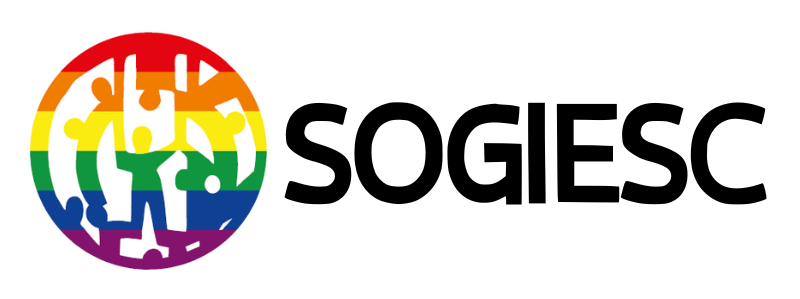In today’s judgment in the case of Fedotova and Others v. Russia, the European Court of Human Rights held, unanimously, that there had been a violation of Article 8 (right to respect for private and family life) of the European Convention on Human Rights.
The case concerned the refusal to register the notice of marriage of the applicants, who are same-sex couples.
The Court found that Russia had an obligation to ensure respect for the applicants’ private and family life by providing a legal framework allowing them to have their relationships acknowledged and protected under domestic law. The lack of any opportunity for same-sex couples to have their relationships formally acknowledged created a conflict between the social reality of the applicants and the law. The Court dismissed the Government’s argument that the interests of the community as a whole could justify the lack of opportunity for same-sex couples to formalise their relationships. It concluded that, in denying access to formal acknowledgment of their status for same-sex couples, the Russian authorities had gone beyond the discretion (margin of appreciation) enjoyed by them. The Court stated that the choice of the most appropriate form of registration of same-sex unions remained at the discretion of the respondent State.




